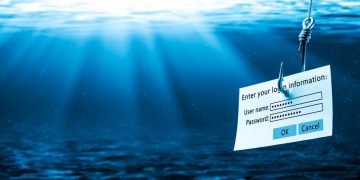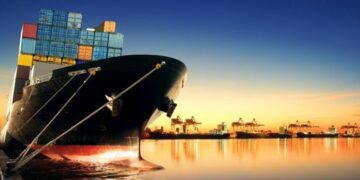Oil companies directly accountable for oil spills that pollute U.S. territory on hold
 Bill Nelson, Florida’s senior senator, and a Senate colleague from New Jersey have introduced a bill that would hold foreign oil companies directly accountable for oil spills that pollute U.S. territory.
Bill Nelson, Florida’s senior senator, and a Senate colleague from New Jersey have introduced a bill that would hold foreign oil companies directly accountable for oil spills that pollute U.S. territory.
The bill was written in anticipation of a massive foreign offshore drilling operation that could begin in Cuban waters – as close as 50 miles from Key West – by late next month.
Nelson, a Democrat, and Sen. Robert Menendez, D-N.J., introduced the bill on Nov. 9. It ensures that in the event of an oil spill, claimants can directly sue companies responsible for the disaster. The bill also removes the $75 million liability cap.
Nelson and Menendez said in a statement that the legislation is meant to be a “big stick” to discourage foreign oil companies from drilling offshore near Florida.
“Hopefully, companies seeking to drill in Cuban waters will think twice once they know they would be fully liable for any damages to the Florida Keys, South Florida beaches, or if the spill reached the Gulf Stream, anywhere up the East Coast,” Menendez said in a statement.
A statement from Nelson’s office said current law contains “ambiguities” that might allow companies “to argue that [lawsuits] could not be brought directly against them under the Oil Pollution Act, the main body of law that protects America from oil spills.”
Spanish oil company Repsol will be the first of several foreign companies to explore for oil in the Florida Straits aboard a giant Italian-owned semi-submersible rig constructed in China and Taiwan. The $750 million rig, named the Scarabeo 9, is en route to the Cuban coast and is expected to arrive in late December or January.
Companies from countries including Russia, Brazil, Vietnam and Norway will operate from the rig after Repsol. What is most concerning to some observers is the depth of the project – more than 6,000 feet underwater. The 2010 DeepWater Horizon/British Petroleum spill in the Gulf of Mexico, which took 85 days to stop, happened at a depth of 5,500 feet.
Another concern about the project stems from the 50-year-old U.S. trade embargo against Cuba’s communist government. In the event of a spill, U.S. companies with needed expertise would be delayed in helping with cleanup efforts because they would need special permission from the federal government to operate in Cuban waters.
Nelson said any delay in spill mitigation could prove disastrous for Florida’s environment and tourism-dependent economy.
“If there is a spill there, we could lose part of the Everglades, or the Keys, or the coral reefs, or our fishing industry or tourism – and jobs,” he said.
How much oil is located in the area of the Florida Straits Repsol will explore is up for debate. The U.S. Geological Survey estimates about five billion barrels, but the Cuban government thinks the offshore area holds up to 20 billion barrels.
Cuba is not the only Florida neighbor hoping to take advantage of its potential oil reserves. A Bahamian energy investment firm, Bahamas Petroleum Co., said recently that it hopes to partner with a major oil company and begin exploration by 2012.
Source: The Miami Herald































































